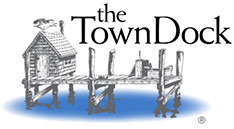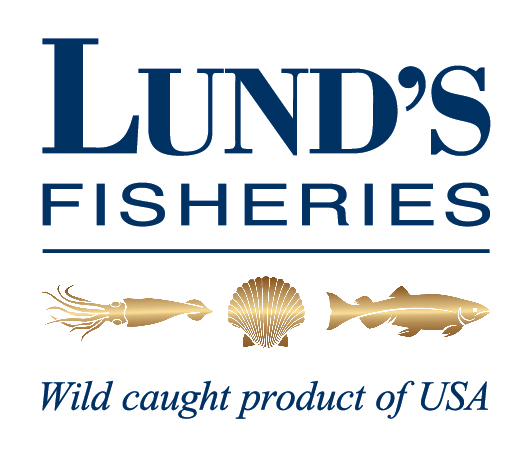May 11, 2022 — The Marine Stewardship Council (MSC) announced that the Atlantic Scup (Stenotomus chrysops) bottom trawl fishery has achieved MSC certification for sustainable fishing practices. The MSC Fisheries Standard is a globally recognized standard used to assess if a fishery is well-managed, and reflects the most up-to-date understanding of internationally accepted fisheries science and management. The MSC certificate for scup is jointly held by commercial fishing operations Lund’s Fisheries, Inc. and Seafreeze, Ltd.
The Atlantic scup certification follows a rigorous twelve-month review carried out by a third-party assessment body, SCS Global Services. The MSC Fisheries Standard has three core principles that every certified fishery must meet including 1) sustainable fish stocks, 2) minimizing environmental impact, and 3) effective fisheries management. As well as preserving fish stocks and the marine environment, the MSC certification process ensures that scup products can be traced to a sustainable source through required recordkeeping.
Eric Critchlow, US Director for the MSC, said: “The certification of the scup fishery will help safeguard livelihoods, seafood supplies, and healthy oceans for future generations. Being a new whitefish fishery to gain MSC certification is a notable achievement and we welcome Lund’s and Seafreeze’s commitment to fisheries sustainability.”
Lund’s Fisheries principals own and operate 20 fishing vessels delivering a variety of seafood to its freezing and processing facility year-round. Other, independent vessels, from North Carolina through Maine, land scup at the company’s Cape May, NJ plant, as well.


